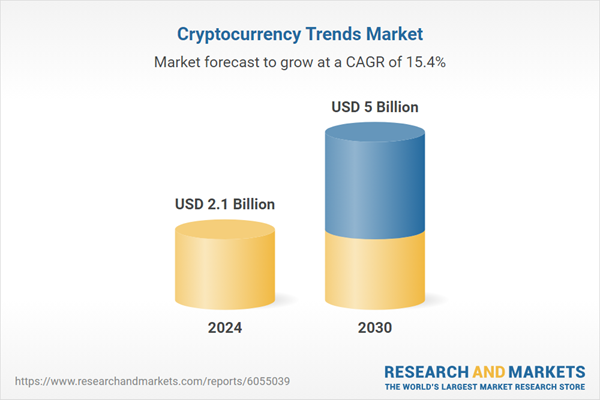Blggzz: Your Daily Dose of Insight
Stay updated with the latest news and informative articles.
Virtual Currency Trends That Will Make You Rethink Investing
Discover the latest virtual currency trends that could revolutionize your investment strategy and boost your portfolio. Don't miss out!
Exploring the Future: How Emerging Technologies Are Shaping Virtual Currency Trends
As we venture deeper into the 21st century, emerging technologies are transforming various domains, notably the realm of virtual currencies. Innovations such as blockchain, artificial intelligence, and decentralized finance (DeFi) are reshaping how we perceive and interact with digital assets. Blockchain technology, for instance, ensures transparency and security in transactions, which builds trust among users and encourages wider adoption. On the other hand, AI facilitates smarter trading algorithms that analyze market trends and can predict price fluctuations, thus attracting both institutional and retail investors.
Moreover, the integration of Internet of Things (IoT) is paving the way for novel applications of virtual currencies. For example, in IoT ecosystems, devices can autonomously execute transactions using cryptocurrencies, enabling seamless micro-payments for services such as data sharing or machine interactions. As these technologies continue to evolve, it's essential for individuals and businesses to stay informed about these trends in virtual currency to harness their potential effectively. In conclusion, as we progress into the future, the convergence of these technological advancements will undoubtedly redefine the landscape of digital currencies.

Counter-Strike is a popular multiplayer first-person shooter that pits teams of terrorists against counter-terrorists in various objectives. Players can enhance their gaming experience and potentially earn rewards by using a csgoroll promo code on various gaming platforms. The game's strategic elements and competitive nature have made it a staple in the esports community.
Is Your Investment Strategy Ready for the Rise of Central Bank Digital Currencies?
As central banks around the world explore the implementation of Central Bank Digital Currencies (CBDCs), investors must reevaluate their strategies to stay ahead in this evolving landscape. Unlike cryptocurrencies, which operate independently of government influence, CBDCs are state-controlled digital currencies designed to enhance monetary policy and financial stability. This transformation could influence everything from payment systems to interest rates. Investors should consider how CBDCs may affect investment opportunities and financial markets, including the potential for increased market volatility and the disruption of traditional banking systems.
Moreover, the rise of CBDCs could lead to new investment vehicles and opportunities, particularly in the realm of digital assets. For example, financial instruments linked to CBDCs may emerge, offering both risks and rewards. Investors should stay informed about regulatory changes and technological advancements associated with CBDCs, as these factors can significantly impact investment outcomes. By adapting your investment strategy now to incorporate CBDCs, you can position yourself to capitalize on their rise and safeguard your portfolio against potential shifts in the financial landscape.
Five Key Indicators That Could Signal the Next Big Shift in Virtual Currency Market Trends
As the virtual currency landscape continues to evolve, it's crucial for investors to stay informed about potential shifts in market trends. Five key indicators can provide insights into when the next big change might occur. First, an increase in regulatory scrutiny can be a significant signal. If governments begin to implement stricter regulations on cryptocurrencies, it could provoke market volatility and reshuffle investment strategies. Second, technological advancements, such as the development of blockchain scalability solutions, can open new avenues for cryptocurrencies and impact their adoption rates.
Third, notice the market sentiment, which is often reflected through social media trends and investor discussions. A surge in positive sentiment can precede a rally in prices, while negative sentiment can trigger downward trends. Fourth, monitor the trading volume of major cryptocurrencies. A significant spike in trading activity can indicate shifting investor confidence and anticipation of market changes. Lastly, watch for institutional investment announcements. When large financial entities begin to invest in or accept virtual currencies, it often signals a shift in market maturity and can lead to increased legitimacy and stability.